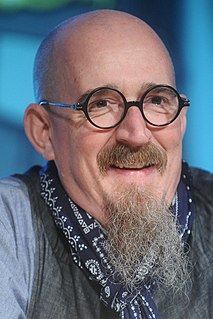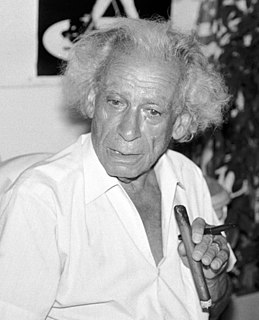A Quote by Roger Ebert
One difference between film noir and more straightforward crime pictures is that noir is more open to human flaws and likes to embed them in twisty plot lines.
Related Quotes
When I was making these damned pictures, I never knew about film noir. If you had asked me about it then, I probably would have pointed to something like Bill Wellman's The Ox Bow Incident, the best Western I ever saw and very much in the style of film noir I don't care if it's a mystery story, a Western, or the story of Julius Caesar. To me it's the emotion, the lies, the double-cross that defines what kind of drama it is.
In narrative cinema, a certain terminology has already been established: 'film noir,' 'Western,' even 'Spaghetti Western.' When we say 'film noir' we know what we are talking about. But in non-narrative cinema, we are a little bit lost. So sometimes, the only way to make us understand what we are talking about is to use the term 'avant-garde.'


































